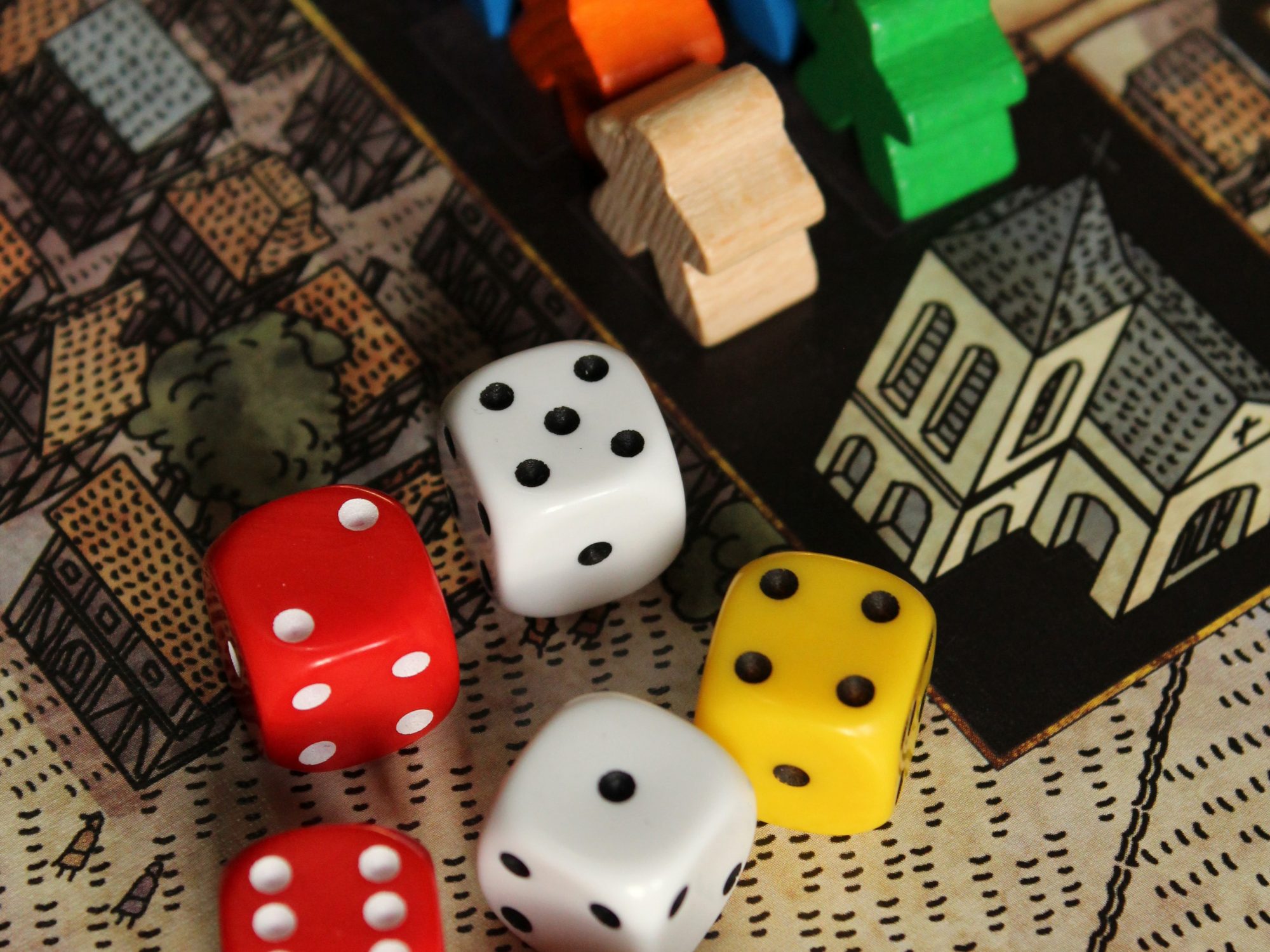Your cart is currently empty!

My new favorite game is “Do you have this too?” or alternatively called “Has this ever happened to you?” I like this game and want to make sure we all understand what it is and how to play.
The Game
The game is the exact opposite of “Never have I ever”. The game is played by first logging into social media of your choice. Then posting something that has recently happened to you that you believe may be related to your celiac or gluten intolerance.
The more unusual the better. A post like, “I just ate gluten and had vomiting and diarrhea, has anyone else?” is going to get a lot of responses but isn’t really the point of the game. Something like, “I stood on my head after eating a certified gluten free product and then vomited, do you think it is a symptom of celiac disease” might get more responses but people might just assume you vomited because of being upside down. Then there is the really outrageous ones that win extra points for being outrageous, like “On Tuesday my left pinky finger was twitching uncontrollably, do you think it was related to gluten?”
Next, you ask, “Has this happened to anyone else” or some similar variety of question. Then you wait and hope that someone else has had the same experience. The more confirmatory posts about someone else having the same experience the more points you score. When you reach 100, you win.
Snark
So far, I’ve been a little snarky. I know. This is a little tongue in cheek, but there is a grain of truth.
Sometimes people are truly confused and asking questions about their disease. I get it. I truly, truly do. If someone else is experiencing the same thing as me, I can’t be making it up, right? It must be real. I’m not denying your experiences. I am trying to get you to look at them in a different way to make your life less confusing and less difficult when living a gluten free lifestyle.
There are two basic assumptions I live by – not everything is gluten related and that yes, I’m unintentionally ingesting a small amount of gluten every day.
Gluten is not always the root cause
The first assumption is that not everything is related to gluten. If I have a headache, I rarely associate it with gluten consumption. I just assume I have a headache for some reason that is not important enough to try to figure out. I take two gluten free pain relievers and move on with my day. I’ve got bigger fish to fry than worrying about where a random headache came from. I’ve got to grocery shop and plan gluten free meals for the rest of the day.
For more ongoing or troublesome symptoms, yes, I do worry. Believe me, I’ve spent an inordinate amount of time looking up various symptoms and diseases related or similar to celiac disease. As I do this research, I share what I’ve learned from you all. I even talk to my doctor, a lot, about some of them. Such as my battles with ongoing yellow diarrhea and I think we’ve gotten that under control.
Finally, if you blame gluten for everything, it is possible to miss something else. Blaming gluten is easy. It is the enemy in most of our minds. But by eliminating gluten as the culprit in every symptom, you might discover something else is wrong. I’ve read more than one story about people blaming gluten for all of their issues, yet they had crohn’s or an ulcer or cancer. Each of the diseases they associated with gluten consumption could be treated by another method.
So if there are ongoing symptoms, please consult your doctor. If they are dismissive, find another one. But just make sure that you get to the root cause of your issue rather than always assuming it is gluten.
Here’s my other assumption.
Now, there are some significant and obvious gluten contamination symptoms. Those should not be ignored. You should know your glutening symptoms. When they appear, you should root out the cause and eliminate it from the diet. While our goal should be 100% gluten free, the reality is that it sneaks in.
However, study after study after study has shown that we all, no matter how careful, are getting some level of gluten exposure. Often times it is a low enough level that our bodies can tolerate it without ongoing damage. Minimizing exposure to gluten is the goal. Eating fewer processed foods, eating out less often, and eating more whole foods is the way to go! I never have to question if I got glutened from an apple.
Understand that this is not permission to go out and purposefully eat gluten. It is a recognition that eating gluten free is not going to be 100%. Absorbing that fact, should make us more careful about what our food choices. Knowing that the closer one eats to whole foods, the closer we get to a 100% gluten free diet. That means there is more room for error when we potentially make a mistake.
Conclusion
While I started out pretty snarky in my game description, I hope this post make sense. When I start to think about every time I have an ache or pain and assume it is gluten related, it makes me crazy. I lived that way for about a year after diagnosis. I quite simply cannot live that way anymore. It is too hard. So, I’ve made the choices to eliminate most gluten free processed foods, limit eating outside my home, and cook most of what my family eats. That’s the best I can do for my sanity. My sanity and my health are the most important thing to me.
Published by

Leave a Reply